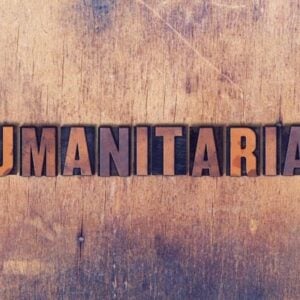The United Nations Assistance Mission in Afghanistan (UNAMA) has urged Taliban leaders to immediately restore Internet and telecommunications services across the country. As of 1700 hours on the previous day, connectivity was suspended, leaving most of Afghanistan cut off, including aid teams operating in remote areas to assist survivors of last month’s earthquake in eastern provinces. UN officials highlighted that this disruption has severed communication with teams supporting families displaced to crowded informal settlements, such as those in Kunar province, where communities continue to cope with immense trauma.
Over 43 million people in Afghanistan are now without access to the Internet following the Taliban’s decision to cut communications cables, reportedly as part of measures to enforce their strict interpretation of Sharia law. The blackout has compounded challenges for humanitarian operations, which have already been hampered by restrictions preventing women staff from entering UN premises. Health services, banking, cash transfers, and remittances, vital for local communities, are all severely affected.
The situation is particularly critical for regions still recovering from a 6.0 magnitude earthquake that struck eastern Afghanistan a month ago, killing around 2,000 people, injuring 3,600, and destroying 8,500 homes. UN officials warned that winter conditions are already arriving, heightening the need for insulated shelters, warm clothing, and other emergency support.
Negotiations are underway with Taliban authorities to secure a waiver allowing “critical connectivity” for humanitarian teams. However, the Internet shutdown continues to disrupt essential medical services, supply chains, vaccinations, and international travel, further intensifying an already dire humanitarian crisis.






